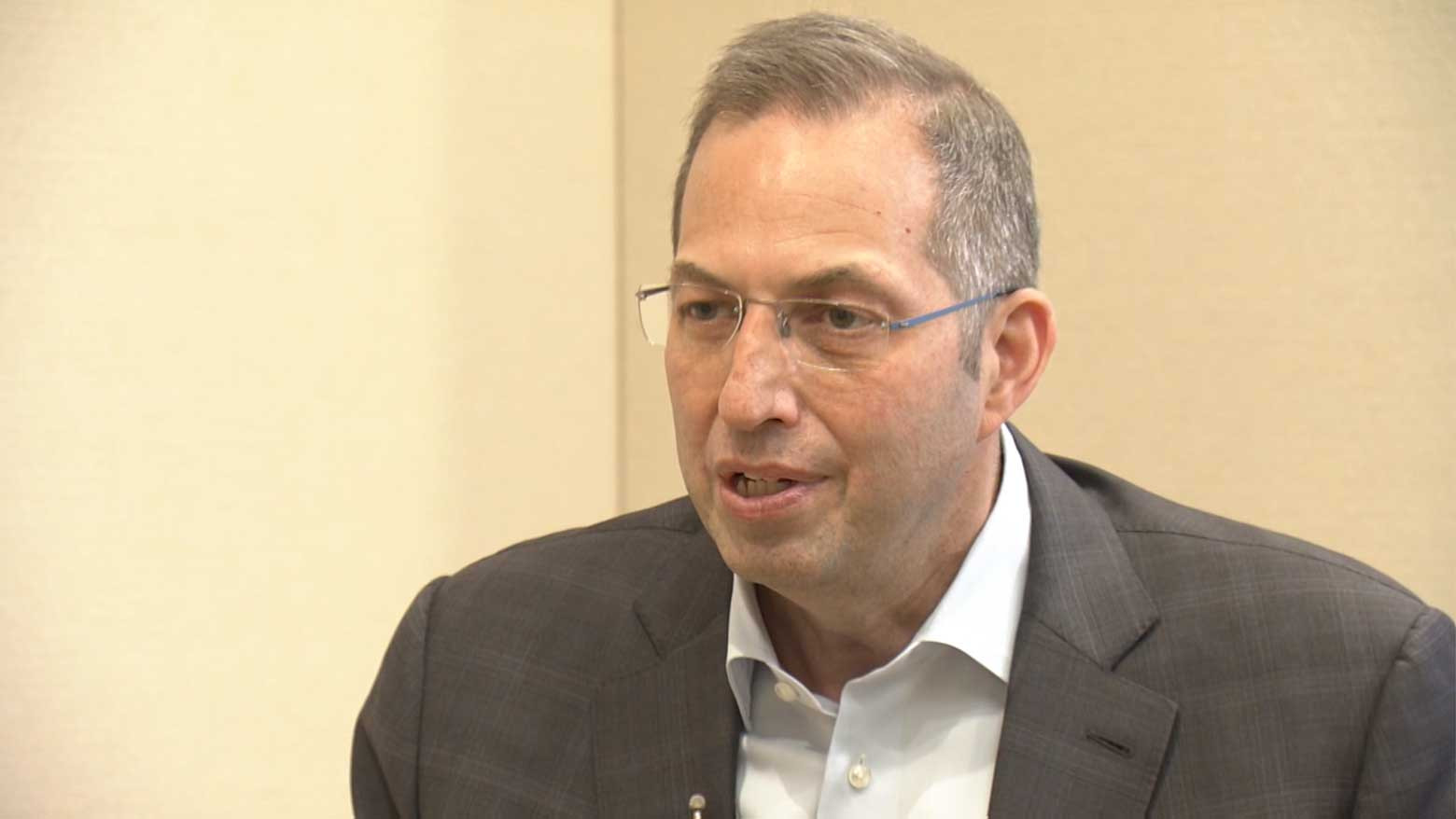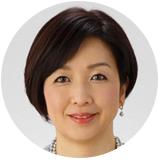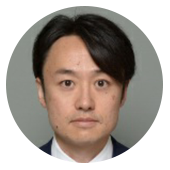"An absolute horror"
Activists who fought for democracy alongside Nobel Peace Prize laureate Aung San Suu Kyi are now in hiding or behind bars. The military is suppressing opposition groups. As of mid-August, the number of civilian detainees stood at more than 12,000, according to the Assistance Association of Political Prisoners.
Former US Ambassador to Myanmar Derek Mitchell is now president of the National Democratic Institute, a non-profit organization working to strengthen democratic institutions around the world. He says the executions were "an absolute horror" that point to fragility among the military's senior leaders.
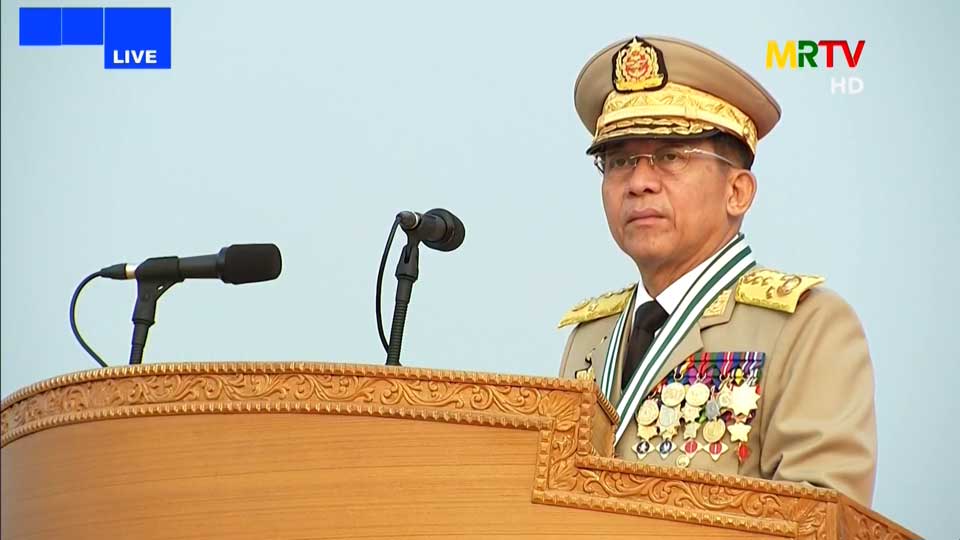
"There's certainly a sense of insecurity," Mitchell says. "The fact that they felt they needed to do these things, that they're not controlling the country, that the coup has not gone the ways they expected, that the people are fighting back with everything they've got to defend their democracy and defend their human rights."
Mitchell says the military's actions also reveal a sense of entitlement embedded in their thinking.
"(What we still see is) the sense that they are above any law, that they tell themselves they must preserve their privilege and their power under all circumstances."
He adds, "This sense of entitlement, that they are born to rule and must impose their will, otherwise the country falls apart, it's an arrogance, but it's not based on anything except what they tell themselves. The only thing they've done for six decades, except the past 10 years, was to drive what should be the rice bowl of Asia, the hopeful part of Asia, into a basket case."
Period of hope
From 2011 to 2012, Mitchell served as the first US Special Representative and Policy Coordinator for Burma, and then from 2012 to 2016 as the first US ambassador to the country in 22 years. He witnessed firsthand the former pariah state's transition to democracy.
In 2011, former military general Thein Sein took office as president after the country's first election in two decades. He launched a process of reform, which involved freeing hundreds of political prisoners, initiating talks with Aung San Suu Kyi, negotiating peace deals with ethnic minority groups and easing media censorship.
Acknowledging the change in Myanmar, Mitchell arranged a 2011 visit by then-US Secretary of State Hillary Clinton. The following year, he helped bring US President Barack Obama for talks with the military leaders and Aung San Suu Kyi on additional reforms.
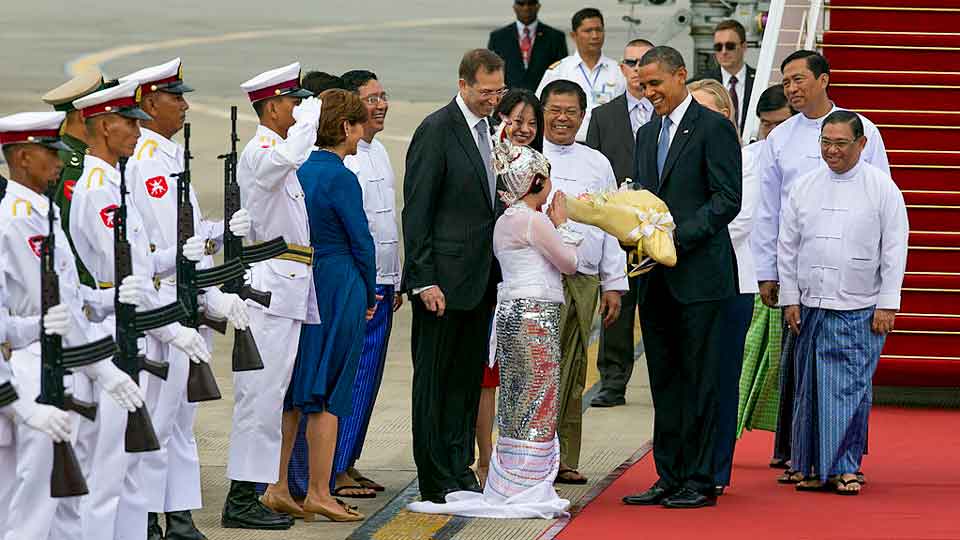
During his visit, Obama promised a packed hall at Yangon University that "America will help rebuild an economy that can offer opportunity for its people and serve as an engine of growth for the world." This commitment was part of his "rebalance to Asia" foreign policy platform, and signaled the start of a shift away from the former approach of sanctioning and isolating the country.
Major economies, including Britain, France, and Japan, quickly followed suit and government ministers and business officials were soon flowing into "Asia's last frontier." International hotels and high-end shopping malls replaced old hostels and food stalls in Yangon, the country's largest city.
"Our job is to stand with the people of Myanmar."
But today the situation in Myanmar is a far cry from that brief period of reform. Mitchell is calling on the international community to stand with the country's people by engaging with the National Unity Government -- the exile government formed by lawmakers and members of parliament ousted in the 2021 coup.
"There is an elected representative here," he says. "There was an election, and there are people that represent generally the will of the Myanmar people. And our job is to stand with the Myanmar people."
Mitchell also says countries like the United States and Japan need to change their approach in dealing with the junta.
"We have to get out of our comfort zone, if we all go back and do what we've always done -- America goes into sanctions, Japan does investment and engagement, India engages to try and balance China -- it's not going to get any results."
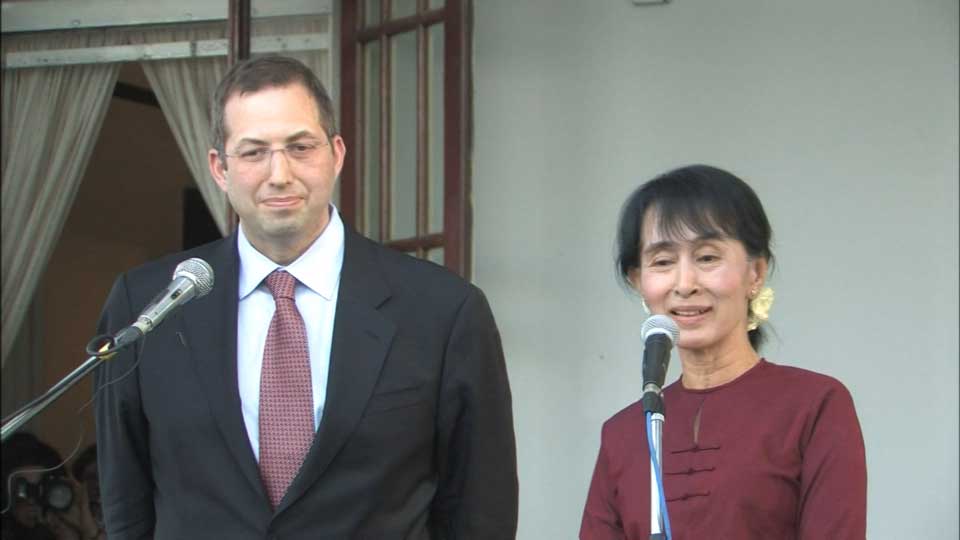
But Mitchell realizes this is easier said than done. Myanmar is located at a convergence point of competing geopolitical interests, strategically important both to the US pursuit of a "Free and Open Indo-Pacific" and China's mega-infrastructure project, the "Belt and Road Initiative." Washington does not want to antagonize the junta and risk Myanmar drawing closer into Beijing's orbit. This is complicated by the fact that the US has had to allocate national security resources to dealing with Russia's invasion of Ukraine. Mitchell says the US can no longer be counted on to act as the world's sole policeman.
Quad and ASEAN
Instead, he believes it is incumbent on the Quad security framework, which Japan is a part of, to work together and stand up to the junta.
"I think the Quad is critical," Mitchell says. "If we can find a way to squeeze the junta through the Quad, it demonstrates that it won't be business as usual. We need to make sure the junta doesn't get money. We still need to get humanitarian assistance through the right channels, but through civic channels and not the government channels."
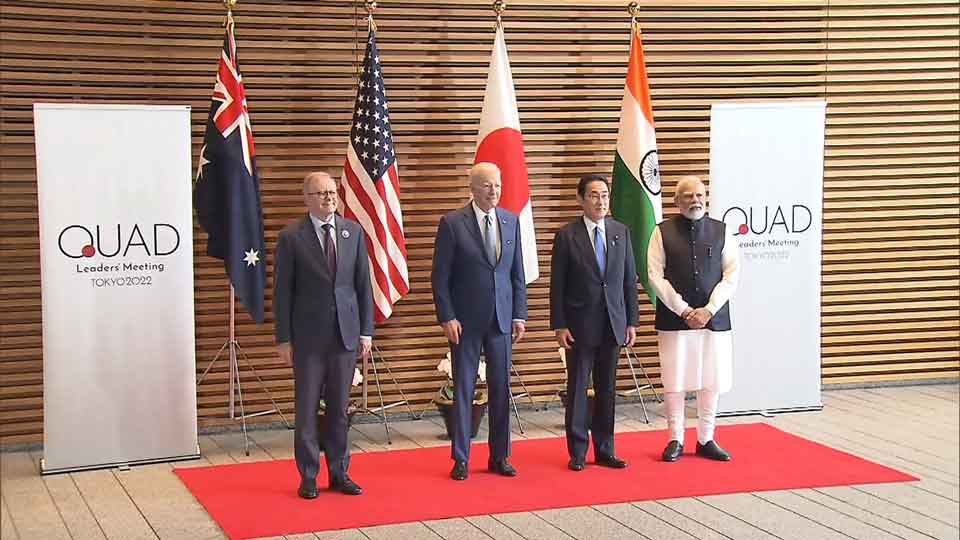
Mitchell notes that Japan has a particularly important role to play because of its close historical and cultural ties to Myanmar. He says one way to exert pressure is for Japan's Defense Ministry to stop accepting senior officers of Myanmar's military as foreign students.
"Until they demonstrate a commitment to military values, they shouldn't get access," Mitchell says. "They shouldn't get the respect of engaging with real professional militaries at a time when they're murdering their own people with impunity."
Mitchell believes Myanmar's fellow ASEAN members also have an important role to play. Since its founding, the bloc has historically adopted a policy of non-interference, where nations stay out of the internal affairs of other members. But Mitchell says that by staying silent ASEAN is empowering Myanmar's military.
"I hope that ASEAN, when they talk about sovereignty and non-interference, recognize that you interfere in internal affairs by empowering the military, empowering the junta, because sovereignty comes from the people," he says.
Mitchell admits there is no silver bullet for restoring democracy in Myanmar. He points to the diplomatic response to the previous junta, which was also divided -- hardline isolation policy or soft line engagement. But what is starkly different today is that its people have had a glimpse of democracy over the past decade, only to see their hopes dashed. The reversal of democracy in Myanmar is not simply about geopolitical and economic concerns, but about crushing the country's future.
